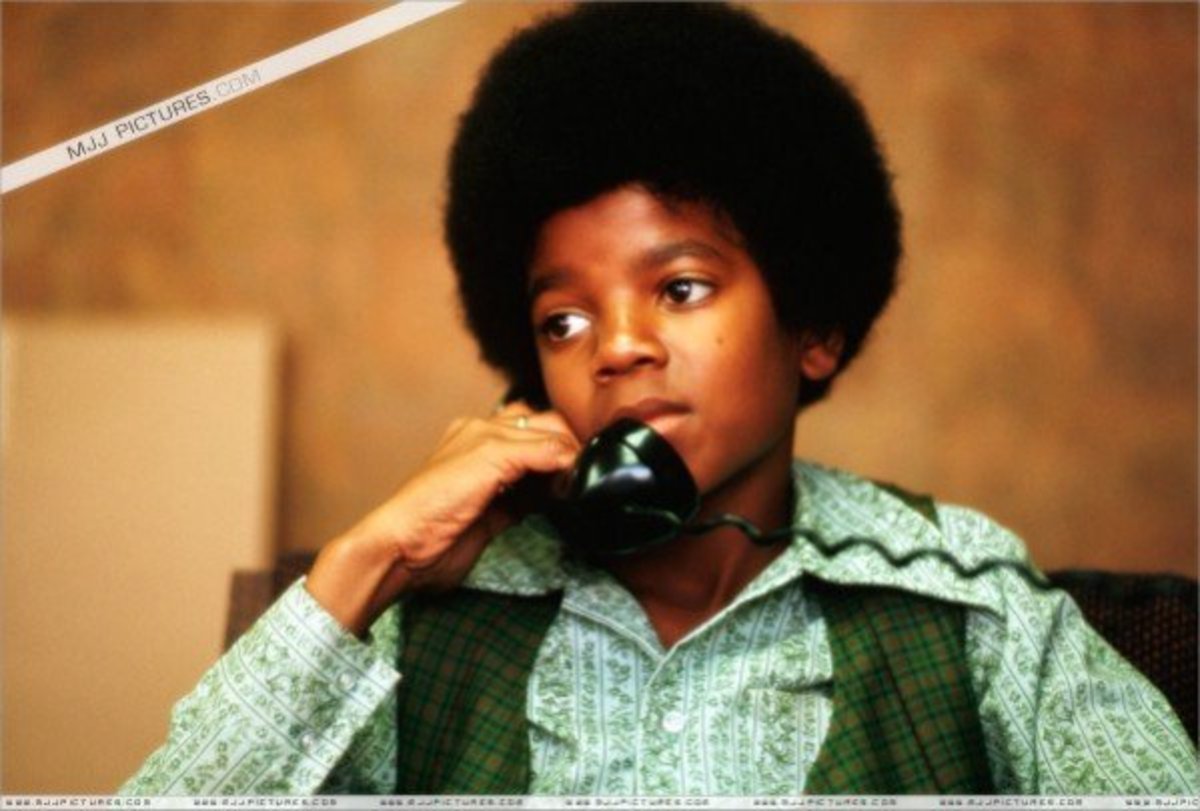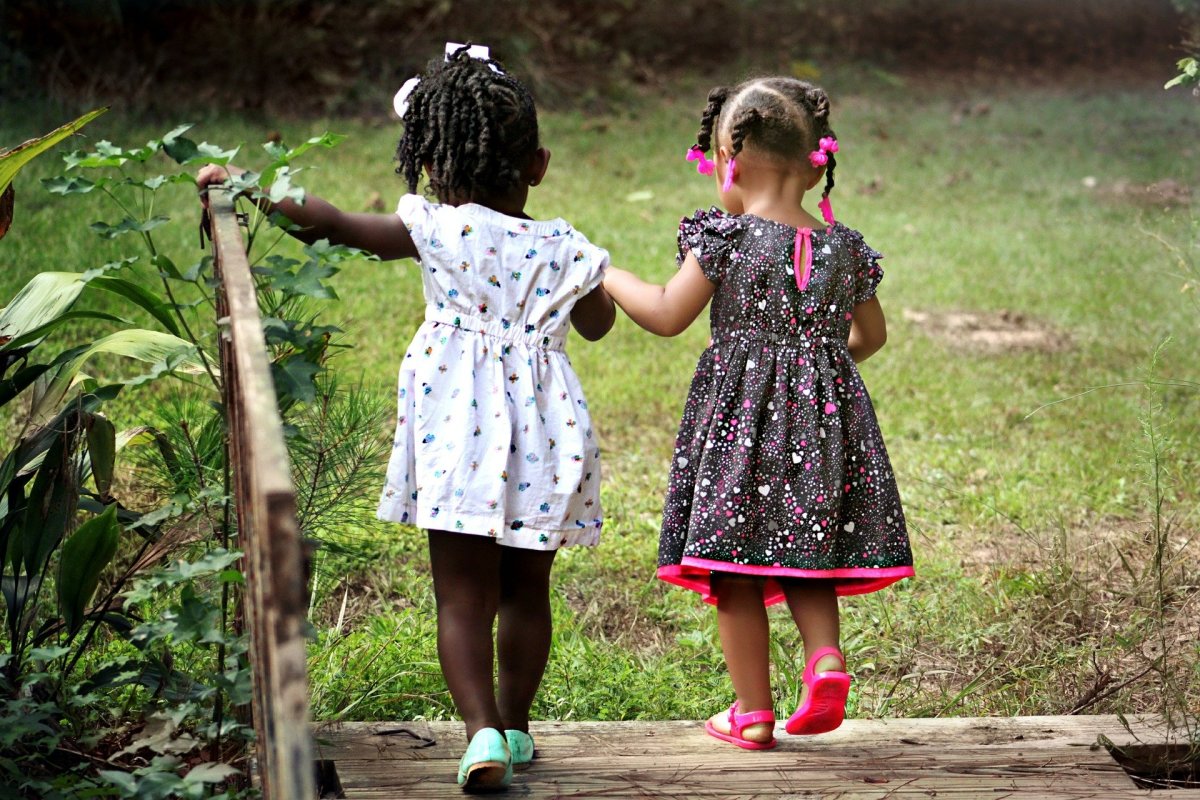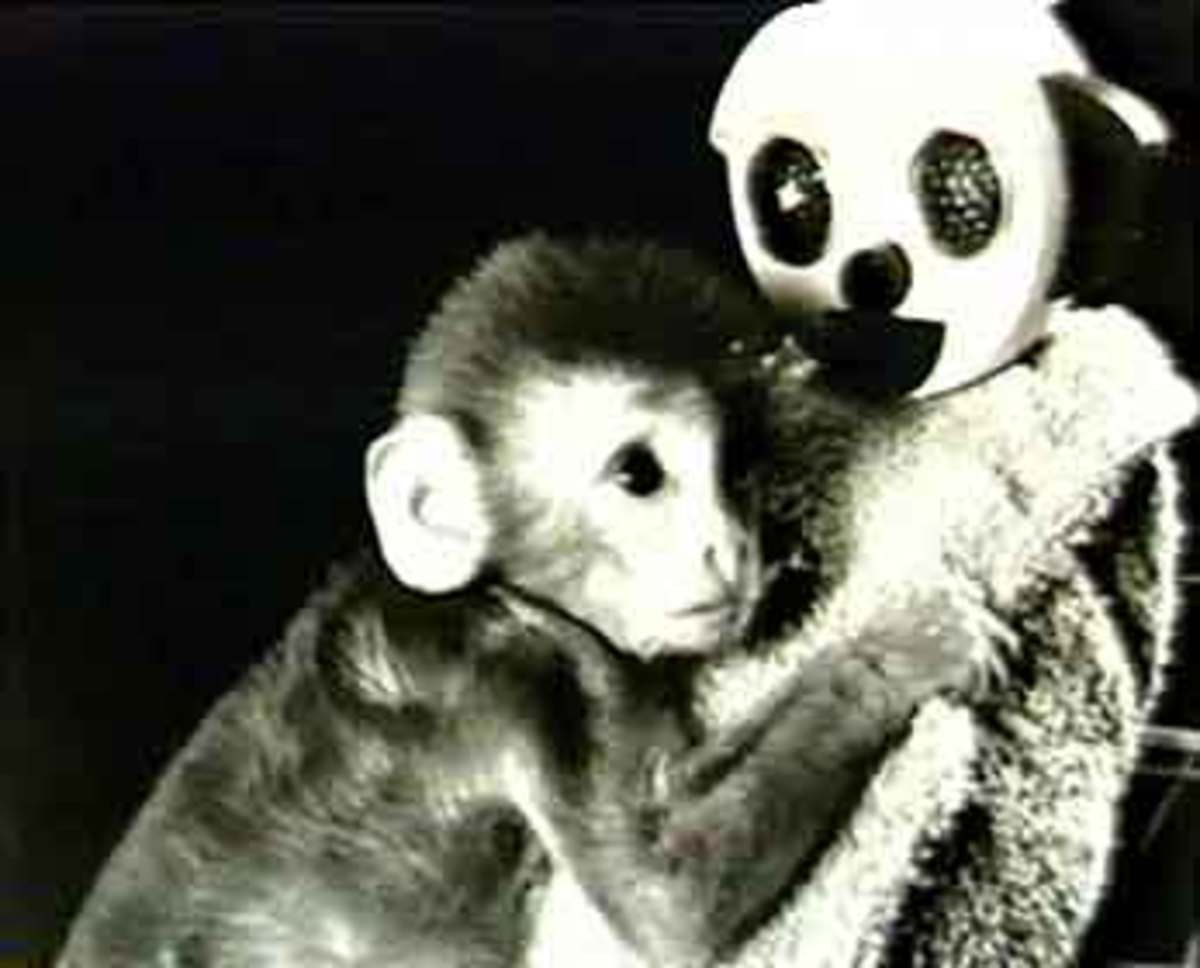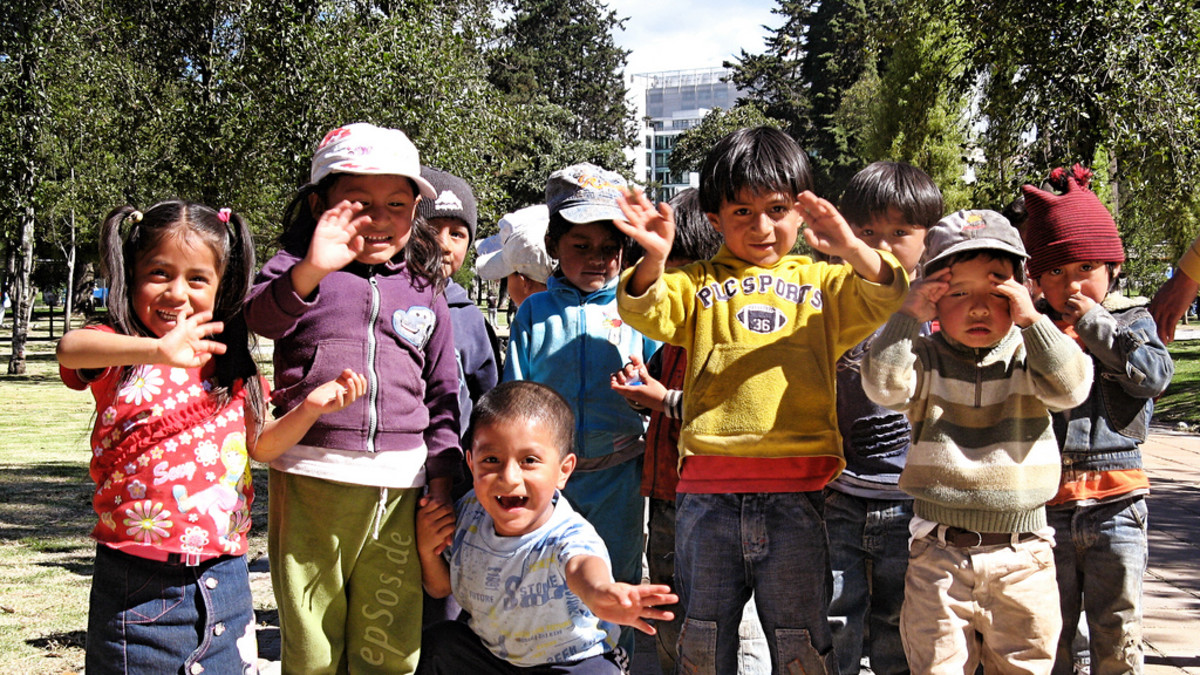Influence Of Childhood Experiences On Adult Relationships

Parent-child relationships
The first few years of a child's life are where the child rapidly develops a whole range of social and emotional skills that they will then take with them throughout their life.
Initially the child is dependent on their primary caregiver to give them these skills and experiences. The attachment theory suggests that people develop an 'internal working model' of what they believe relationships should be like based on the relationship they had with their caregiver as an infant. John Bowlby suggested that we develop an attachment style as a result of our childhood relationships with our caregivers (for more information on Bowlby's and his theory of attachment click here).
Before I go into detail about the influences of childhood experiences on adult romantic relationships it would be a good idea to familiarise yourself with the different infant-caregiver attachment types in the table below.
Attachment style
| Behaviour of caregiver and infant
| Adult behaviour
|
|---|---|---|
Disorganised/disoriented insecure attachment
| After the caregiver has been absent for a period of time the infant does not know whether to approach or avoid them. This attachment type is essentially a mixture of anxious/avoidant and anxious/resistant.
| As an adult the individual tends to be insensitive, chaotic and despite the fact they want a secure relationship they cannot trust their partner and can also be abusive.
|
Anxious/avoidant insecure attachment
| The infant wants to be close to their caregiver but fears rejection as the caregivers are typically distant and avoid intimacy with the infant.
| The individual will often have difficulty in forming secure, trusting and intimate relationships as they find it hard to trust romantic partners.
|
Secure attachment
| Infants trust their caregivers who are very responsive to their needs. They do not fear rejection or abandonment from their caregiver.
| Individuals who have secure attachments with their caregivers tend to form mature and long-lasting adult relationships where they can trust their partner.
|
Anxious/resistant insecure attachment
| Infants are anxious because their caregivers are inconsistent and overbearing in their affection.
| The individuals adult relationships tend to make the person anxious as well. They often want to form close relationships but fears that their partner will not return their affections or reject them.
|
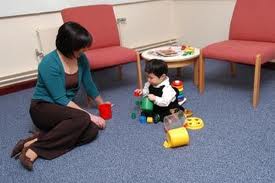
There have been a few studies that support Bowlby's idea that the attachment styles that an infant develops will remain with them and affect their later relationships.
For example a study conducted by Waters et al (2000) involved a group of adults having their attachment type initially tested (using Ainsworth's 'strange situation') at 12 months old and tested again 20 years later. It was found that 72% of adults had the same attachment type which supports the continuity hypothesis proposed by Bowlby.
However, this percentage was significantly lower in a study conducted by Lewis et al (2000) who found that after retesting the attachment type of a group of participants 18 years after the initial testing only 42% had the same attachment type in their adult relationships.
Another study conducted by Hazan and Shaver (1987) evaluated the answers of 600 questionnaires which were designed to look at their attachment style history, their current/past romantic relationships and their 'love style'. It was found that the distribution of people in the different attachment categories was very similar to that of infancy attachment. 56% of adults classified themselves as securely attached, 24% avoidant and 20% anxious/resistant.
In general if both individuals in a couple were securely attached as infants then they are more likely to have a successful relationship compared to if one or both of them had other attachment styles. It has been found that individuals who had an anxious/resistant infant-caregiver attachment style were more likely to have short-term relationships. It was also found that those with anxious/avoidant relationships were the least likely of all the attachment styles to form romantic relationships and the most likely to say they have never been in love.
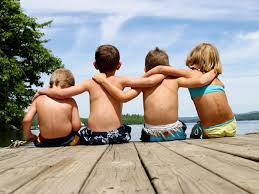
Peer-child relationships
In the first few years of a child's life it's primary caregiver is the person that the child will depend on for emotional development and to learn social skills. However, when the child reaches a certain age (normally the age at which the child starts school) they will begin to be influenced more and more by their friends and peers and provide information about what is/isn't acceptable behaviour.
Research suggests that if, as a child, we fail to form close friendships this can negatively affect adult relationships. It was found that rejected children (i.e children who are disliked by their peers) are more lonely than children who are neglected (i.e neither liked nor disliked by their peers). The rejected children are more likely to suffer long-term negative outcomes (Parker and Asher, 1987).
It has also been suggested that if children go through unavoidable life experiences (such as having a chronic illness which prevents them from socialising with peers) then they may be disadvantaged when it comes to forming adult relationships. Thompson et al studied cancer survivors to see if their adult relationships were affected as a result of being denied them from forming relationships with peers as a child. It was found that although it was reported that there was just as much satisfaction during their romantic relationships they had fewer and were more distressed when they broke down compared to a control group.
Connolly et al looked at a group of people (male and female) who bullied other people in their childhood. It was found that they were more likely to resort to physical aggression with their romantic partner later in life which supports the idea that the relationships you have as a child influence how you behave in your adult relationships.

